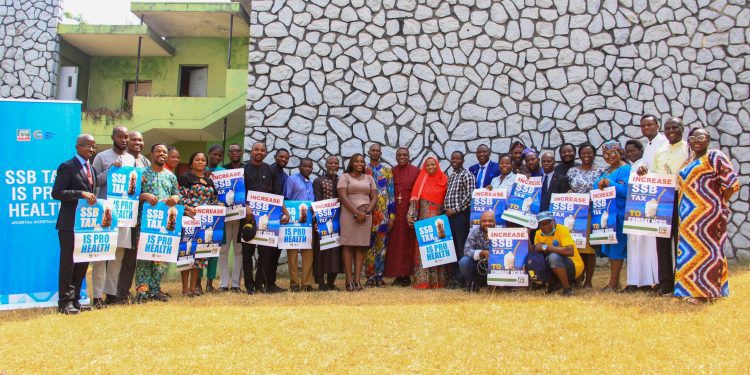The Corporate Accountability and Public Participation Africa (CAPPA) and the Institute of Church and Society, have urged religious leaders to step into the ring and fight for their congregation’s health by backing an increased Sugar-Sweetened Beverages (SSBs) or pro-health tax.
The pro-health tax, according to the groups, will address the increasing burden of Non-Communicable Diseases (NCDs) in Nigeria, rising costs of healthcare services, and their negative impacts on the country’s population.
Speaking at a one-day workshop organised by the Institute in Ibadan, featuring religious leaders of all faiths from the Southwest and Kwara State, they highlighted the health and financial implications of SSBs and argued that the current tax of N10 per litre is too low to deter SSB consumption by Nigerians.
In an intensive capacity and advocacy engagement, participants expressed displeasure at the state of health in Nigeria and urged the government to begin investments in preventive healthcare, including increasing the SSB tax, to N150, adjusted for inflation, to have the desired pass-through effect.
The Institute’s Director Revd. Kolade Fadahunsi reasoned that an effective SSB tax would help deliver food justice to Nigerians.
“As part of our social justice week, we have decided to partner with CAPPA to raise awareness on the dangers of SSBs using religious leaders who will get the message to the people. They will also be campaigning alongside CAPPA to demand an increase in the tax. This will also include our campaign against food wastage as we hope for food justice in Nigeria and the world at large”, Fadahunsi added.
Speaking with newsmen during the event, CAPPA Project Officer for SSB, Opeyemi Ibitoye noted that the current #10 per litre tax which was introduced in 2021 is not effective but commended the Federal Government for putting it in place.
She said: “While we appreciate the government’s efforts to tackle this menace with the introduction of N10/litre, it’s time for the government to move it to at least #130 to help Nigerians fight the scourge of preventable NCDs.”

